Emoji Budgetpublished at 18:45 GMT 18 March 2015

If words aren't your thing, why not read about the Budget details in Emjoi. Can you guess what the ones above are referring to? You'll find more here.
George Osborne presents the 2015 budget
2015 UK growth revised up to 2.5% by OBR
Chancellor pledges to end austerity by 2019/20
Tax free allowance to go up to £10,800 next year
New personal savings allowance for first £1,000 interest
Labour leader says chancellor has 'failed working families'
Pippa Simm and Sarah Weaver

If words aren't your thing, why not read about the Budget details in Emjoi. Can you guess what the ones above are referring to? You'll find more here.
The Wall Street rally after the Fed's statement was a sign of relief that the timescale of an interest rate rise remains uncertain, says John Carey, portfolio manager at Pioneer Investment Management, in Boston. The statement was "largely what was expected, though some may have been fearing a more hawkish Fed, and that explains the rally we're seeing right now - that it didn't state a precise time for raising rates," he says.
 Robert Peston
Robert Peston
Economics editor
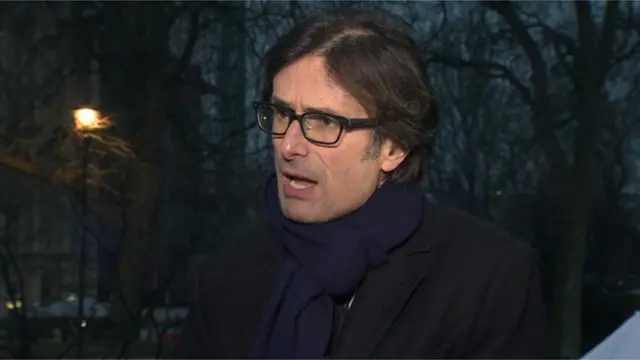
The BBC's economics editor Robert Peston summarised the impact of the tax breaks on savings income for all but the very richest - as: "A maximum saving of a couple of hundred quid a year £200 ... not life-changing but every little helps."
He identified the help-to-buy ISA as more decisive, describing it as a "very substantial subsidy for first time buyers who save money". He called the scheme, where the government adds £50 to every £200 savers invest, up to a £3,000 limit, "very generous state help for young people trying to get on the housing ladder".
 Chris Mason
Chris Mason
Political correspondent, BBC News
When Gordon Brown was the chancellor, reporters like me would add up how many times he used his favourite word - "prudence". For George Osborne today, there was another word that both leapt out and summed up what the Budget was all about. By my calculations, he used it five times in the first two-and-a-half minutes. That word: "Choose." Which is just what the country has to do in 50 days' time - polling day. Read more from Chris here.
 James Landale
James Landale
Deputy political editor
There were no massive surprises or rabbits out of the hat in George Osborne's Budget. But it was an attempt by the chancellor to reassure voters about spending cuts and standards of living. Essentially the political argument hasn't changed: Mr Osborne is saying the economy is on the right track but Labour is warning of "extreme cuts" to come. The test for the Conservatives will come in the coming days, however, when "anxious" Tory strategists mine the data to see whether Mr Osborne's announcements have pulled any "hesitant" voters back in to the Tory camp.
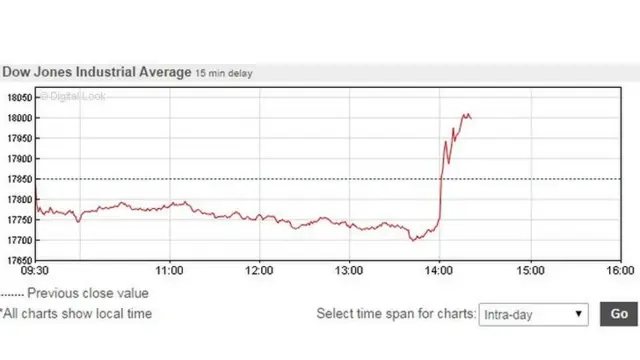
Wall Street is rallying after the Federal Reserve indicated that it is ready to raise interest rates - but not necessarily any time soon. The Dow Jones and S&P 500 are both more than 1% higher. Meanwhile, the dollar is falling against the euro and sterling.
Aaron Kohli, interest rate strategist at BNP Paribas, says the removal of the word "patient" from the Fed's statement should be no surprise. "The patient language was so well priced in by the market, and so well choreographed, that I don't think it had any significant impact on the market response or on the Fed's decisions to get rid of it," he says.
Tweets, external: Seems Paxman to quiz Cam + Miliband on C4 next Thurs, 9pm. Will Ed stay on set on off chance of a debate? #Popcorn
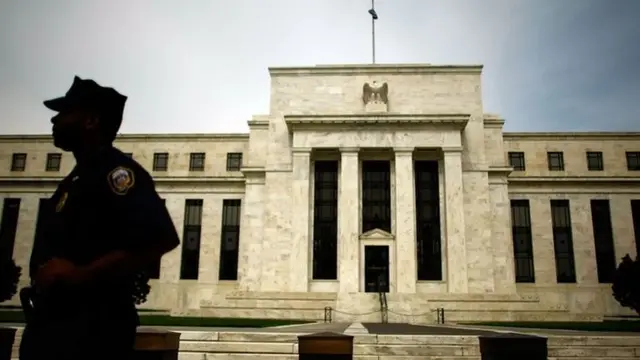 Image source, Getty Images
Image source, Getty ImagesIn its statement following a two-day meeting, the Fed's policy-setting committee repeated its view that job market conditions had improved and gave its strongest signal to date that it was nearing its first rate hike since 2006. The Fed said a rate increase remained "unlikely" at its April meeting and said its change in rate guidance did not mean the central bank has decided on the timing of a rate hike.
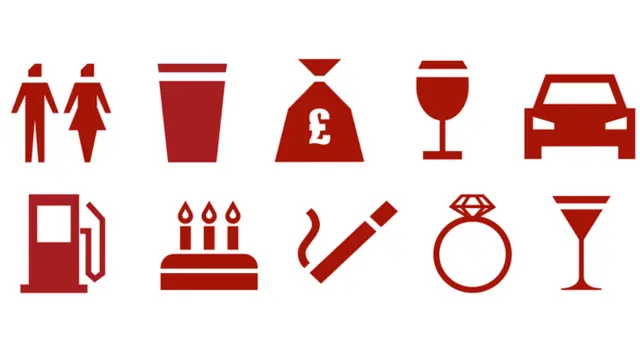
What does it all mean for your finances? Find out with the BBC's Budget Calculator.
The message from the Federal Reserve is that the central bank is ready to increase interest rates - although the pace of the rises may be slower than many analysts thought.
Beryl Smith emails: I still feel Mr Osborne should help pensioners more by raising the personal tax free allowance for those aged 70 and over to £15,000. This would give pensioners a bit more money as it would take a lot of them out of paying tax. After all, most of us have paid tax all our lives and are still paying it.
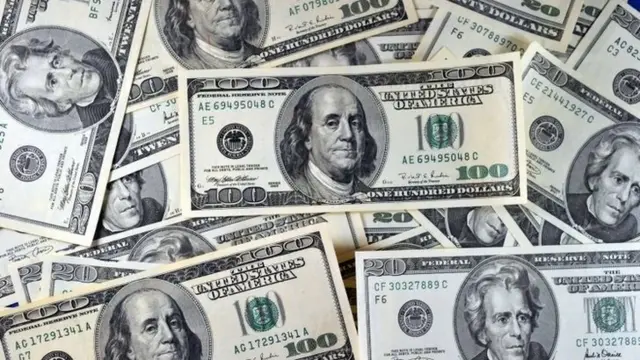 Image source, AFP
Image source, AFPThe US Federal Reserve opens the door further for an interest rate hike as early as June, ending its pledge to be "patient" in normalising monetary policy. But the US central bank signalled a more cautious outlook for economic growth.
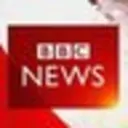 BBC News Channel
BBC News Channel
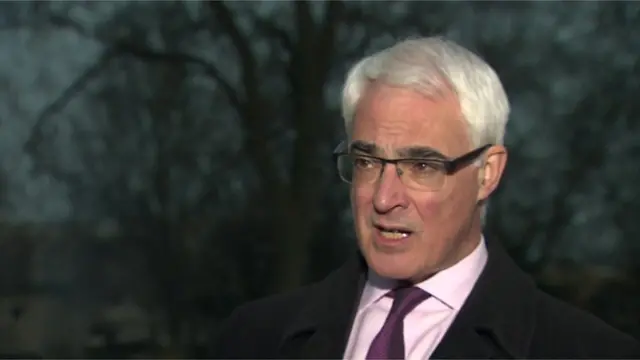
Former Labour Chancellor Alistair Darling has warned that a so-called public spending rollercoaster is the "last thing you want", and said the real story of the budget was the severity of future cuts.
He told the BBC: "The biggest thing that he [George Osborne] didn't say was that the OBR - not the Labour Party - said that the cuts in the next two or three years are going to be sharper than they've been in the last five.
"If you look at the politics of that and, if you protect the health service - although I think it's going to be very difficult to do with that sort of squeeze - it means defence, it means policing, it means education - they're all going to face quite draconian reductions in spending."
Steve emails: It would have been nice if he had cut the duty on fuel by at least 10p instead of taking all the money. People are travelling less (to visit family or friends) because of the high cost of fuel.
 BBC News Channel
BBC News Channel
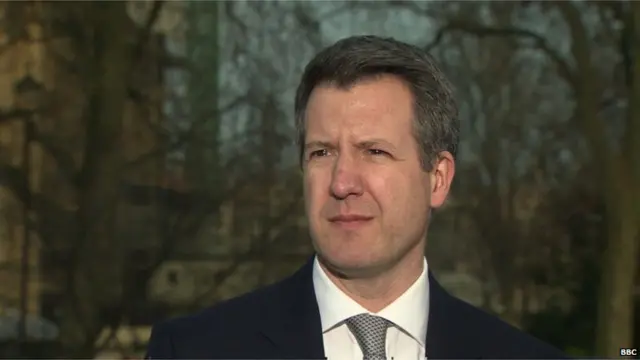
Labour is claiming that Conservative spending cuts are about shrinking the state rather than the deficit. Shadow chief secretary to the Treasury Chris Leslie told the News Channel: "Look at the precipitousness of what they [the OBR] say is an even sharper squeeze on public spending than we've seen in each of the last five years.
"If you want really extreme, sharp cuts to your police, defence, social care and, heaven knows, even potentially the NHS, too, then the Conservatives are the people to vote for," continuing: "It's going beyond what's necessary to deal with the deficit. This is about ideology."
 BBC News Channel
BBC News Channel
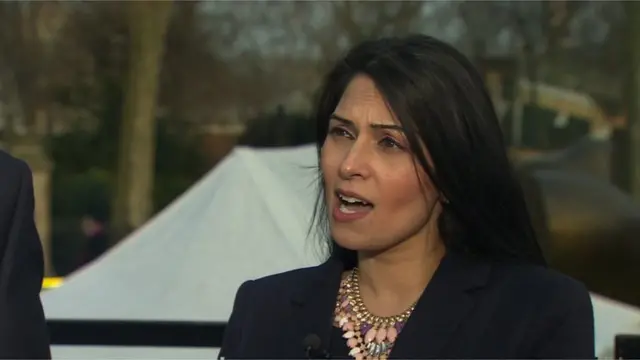
Treasury minister Priti Patel has rejected the OBR's characterisation of the government's spending plans as a rollercoaster ride.
She told the BBC News Channel: "We've been very clear about that consolidation of £30bn and what that will entail - in terms of efficiencies across government, reductions in welfare as the economy grows and more people are in employment, and also through the measures on tax evasion and tax avoidance."
 BBC News Channel
BBC News Channel
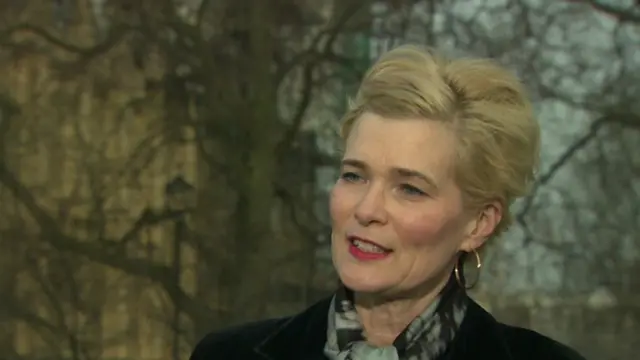
Market research company TNS says the budget can be a turnoff to some voters.
Michelle Harrison, head of political and social practice at TNS, told the BBC News Channel: "In focus groups we did in Watford on Monday night, we actually had some participants tell us that things like the budget, this Westminster theatre, put them off politics."
She said that although most voters "would not be too aware of what's been happening today", everything counts in a "horse race as close as this" and identified two main aims for George Osborne today. First, to reinforce the idea that he had a strong hand on the economy and, the second, the need to pull back some older, more affluent voters who may have moved away from the Conservatives towards UKIP.
 BBC News Channel
BBC News Channel
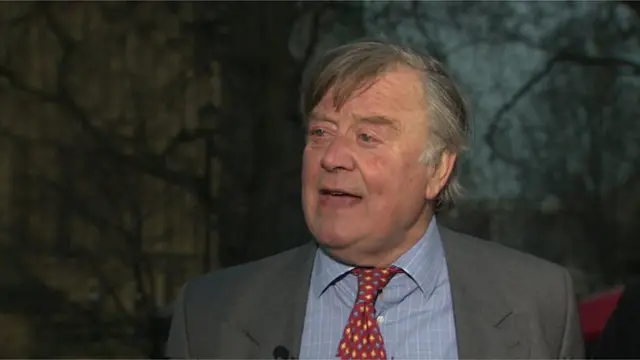
Former Conservative chancellor Ken Clarke says the political agenda "has not changed too much" after George Osborne's budget today, which he's "greatly relieved" by. He said the chancellor was under pressure to hand out giveaways but he is glad that he did not do so. Pressed on the OBR's characterisation of the government's spending plans as a rollercoaster ride, Mr Clarke says it's a rather "attractive" rollercoaster.
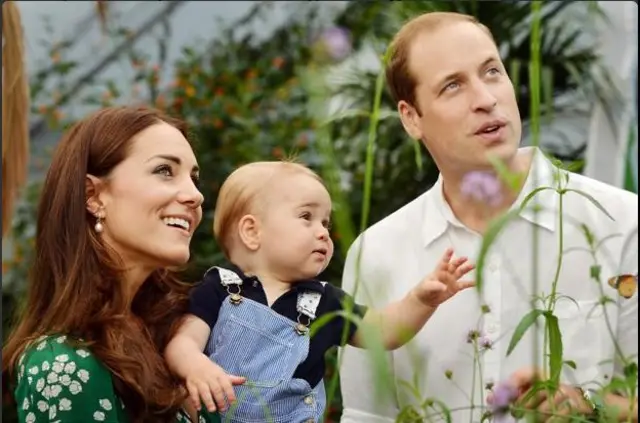 Image source, Associated Press
Image source, Associated PressTweets, external: Royal baby due at height of general election campaign, external via @spectator